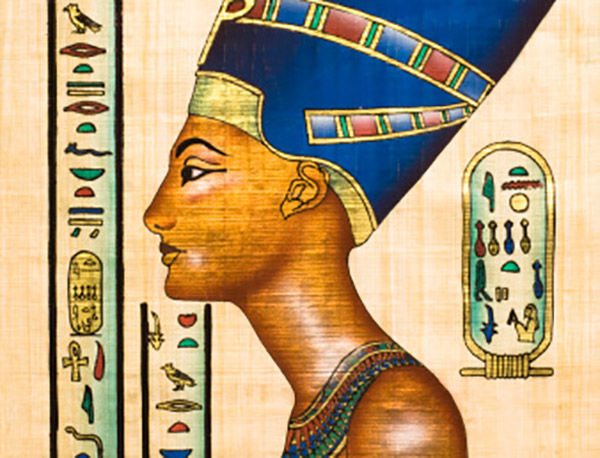Five Things You Thought You Knew About Ancient Egypt

Despite being an ancient historical era that has amazed hundreds of thousands of people, the Ancient Egyptian culture and beliefs are heavily stereotyped. People often forget how civilized and open-minded the Ancient Egyptians were as a whole, and most of what you think you know about them is probably myth.
MYTH 1: Egyptians were obsessed with death
No. They were obsessed with the concept of life. Because their life span reached only to 40 years old, Egyptians knew their time on earth was limited but believed that their souls were immortal. After death, Egyptians figured that the soul needed a physical body to reside in. The process of mummification was used to preserve the earthly body to be used as a “vessel” for the soul in the afterlife.
Egyptians believed that the afterlife would be better than their earthly life, so they would often get buried with their most valuable or most prized possessions, like their pets, money, or artifacts. The Ancient Egyptian religion was designed to worship not death, but the concept of everlasting life.
MYTH 2: Cleopatra was beautiful
No. Cleopatra was bald. However, she could sing beautifully and was a very accomplished negotiator. Mark Antony and Julius Caesar more than likely fell in love with her country (its fertile area was considered a breadbasket , and it was said that he who controlled Egypt controlled Rome) and the way she handled politics rather than her looks.
MYTH 3: The pyramids were built by slaves (or aliens)
No. The people who built the pyramids were skilled architects who were fed well (prime beef) and given free housing.
MYTH 4: Egyptian tombs are cursed
No. Although, some of them do, in fact, have false rooms to trap thieves.
MYTH 5: Ancient Egyptians enslaved the Israelites
Exodus 1:1-13:16 of the bible has a whole story on how Israel was enslaved by the Egyptians, whipped, tortured, forced to build pyramids, and treated unfairly. This is not true. There is no evidence of the enslavement of the Israelites, and the Egyptian economy did not seem to suffer at the time of the “purported exodus.”
However, the Egyptians did suffer the ten plagues of the Bible. 3,000 years ago, during the reign of Ramesses II, the climate changed, causing an algae bloom in the waters which turned the Nile red. The algae bloom also causes problems with frogs, lice and fleas which spread infections and pestilence. While this happened, coincidently, a volcanic eruption also occurred in Santorini, Greece, blotting the sun from the sky for a while. Subsequent hail storms also encouraged swarms of locusts. All of this led to the growth of fungus in the grain stores, effectively poisoning the food supply. In the Egyptian family household, the eldest male child in the house ate the first serving; this is why the majority of them became ill or died first because of the contaminated food.

Simone is the new sports editor for the Delta Statement. An English major with a concentration in philosophy and a minor in coaching, she is a native...


